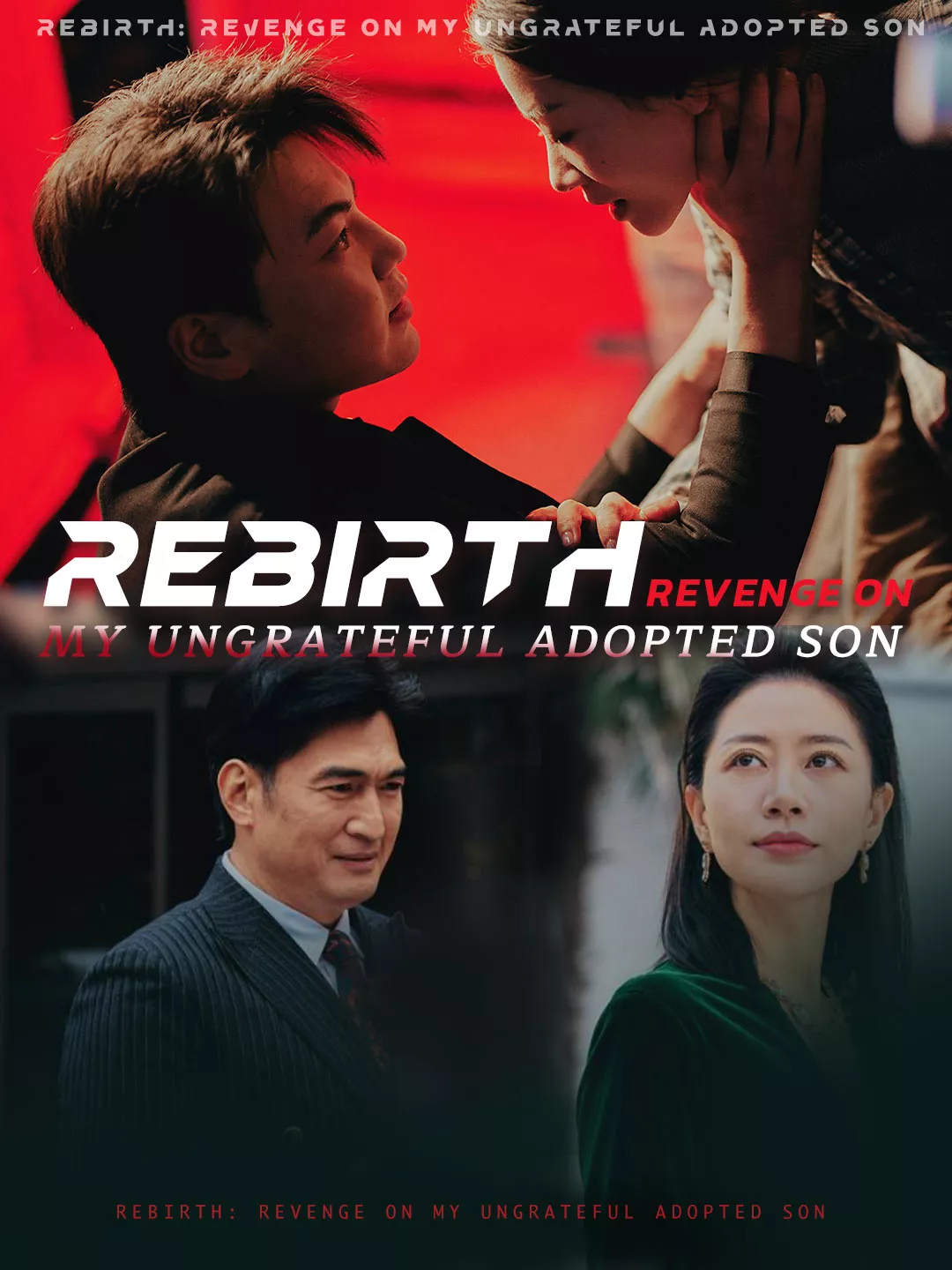
Rebirth: Revenge on My Ungrateful Adopted Son unfolds as a compact, emotionally charged narrative that probes the limits of maternal love and the peril of misplaced trust. Her greatest act of love became her greatest mistake, and the ensuing tragedy sets the stage for a shocking return.
Setup: A mother devoted to the son she raised discovers signs of ingratitude and hidden motives behind his accomplishments.
Inciting Incident: Betrayal shatters the mother’s faith, culminating in a tragic demise that seems irreversible.
Twist: Centuries of consequence compress into a rebirth. She returns, no longer blinded by naiveté, armed with new insight and a sharpened resolve.
Climax: The line between justice and vengeance blurs as she confronts the son she once protected.
Resolution: The cycle of power, guilt, and consequence resets the family dynamics—leaving viewers to ponder whether true justice can ever be achieved through revenge.
The Mother: A figure of unwavering care who learns that protection without discernment can breed danger. Her rebirth signals not merely physical return but a recalibrated moral compass.
The Son: Once sheltered by maternal devotion, he faces consequences that reveal the complexity of entitlement, manipulation, and the cost of unearned advantage.
Supporting Cast: Friends, allies, and rivals who mirror the moral spectrum—from compassionate witnesses to calculating operators of power.
Betrayal and Forgiveness: The narrative situates betrayal as a catalyst for transformation, exploring whether forgiveness remains possible after a second chance arrives.
Revelation and Power: Rebirth channels a bright, almost surgical clarity—moments of truth pierce pretenses with precise, restrained storytelling.
Justice vs. Revenge: The drama leans toward introspection, asking if retribution can coexist with redemption or if it merely reshapes the moral landscape.
Visual Tone: The series uses stark lighting and intimate close-ups to heighten emotional intensity, punctuated by flashbacks that deepen the audience’s understanding of past decisions.
Acting: The lead delivers a restrained, emotionally resonant performance that carries the weight of a long arc in a succinct format.
Direction: The pacing remains crisp, balancing intimate character work with the broader implications of the mother’s return.
Production: The set design and soundscapes reinforce the theme of transformation, with symbols of rebirth threaded through recurring motifs.
Rebirth: Revenge on My Ungrateful Adopted Son is designed as a compact mini-series exploiting concision to amplify impact. Each episode tightens the emotional thread, culminating in a finale that reframes prior events through the lens of regained perception.
The central emotional drive comes from a mother’s unwavering commitment tested by the complexity of human relationships. The return—both literal and moral—invites viewers to reflect on how much a second chance can alter a legacy of care and whether the past can be repaired without further harm.
Strengths: Focused storytelling, strong thematic throughlines, and a provocative reversal of expectations that challenges clichés about vengeance and motherhood.
Limitations: The brevity may leave some subplots underdeveloped; a few viewers could crave more context around the family history to fully grasp the stakes.
Standout Moments: Key revelations delivered in quiet, intimate scenes tend to land hardest, underscoring the power of restraint over sensationalism.
Accessibility: Binge the full mini drama now on MiniShort, with a seamless streaming experience.
Accessibility Notes: The format suits viewers seeking a fast-paced, emotionally charged narrative that rewards attentive watching.
Rebirth: Revenge on My Ungrateful Adopted Son offers a provocative meditation on love, betrayal, and the possibility of renewal. Its compact form intensifies the emotional pressure, delivering a narrative that lingers beyond the final frame. For fans of revenge dramas rooted in moral complexity, this MiniShort entry deserves a place on your watchlist.




